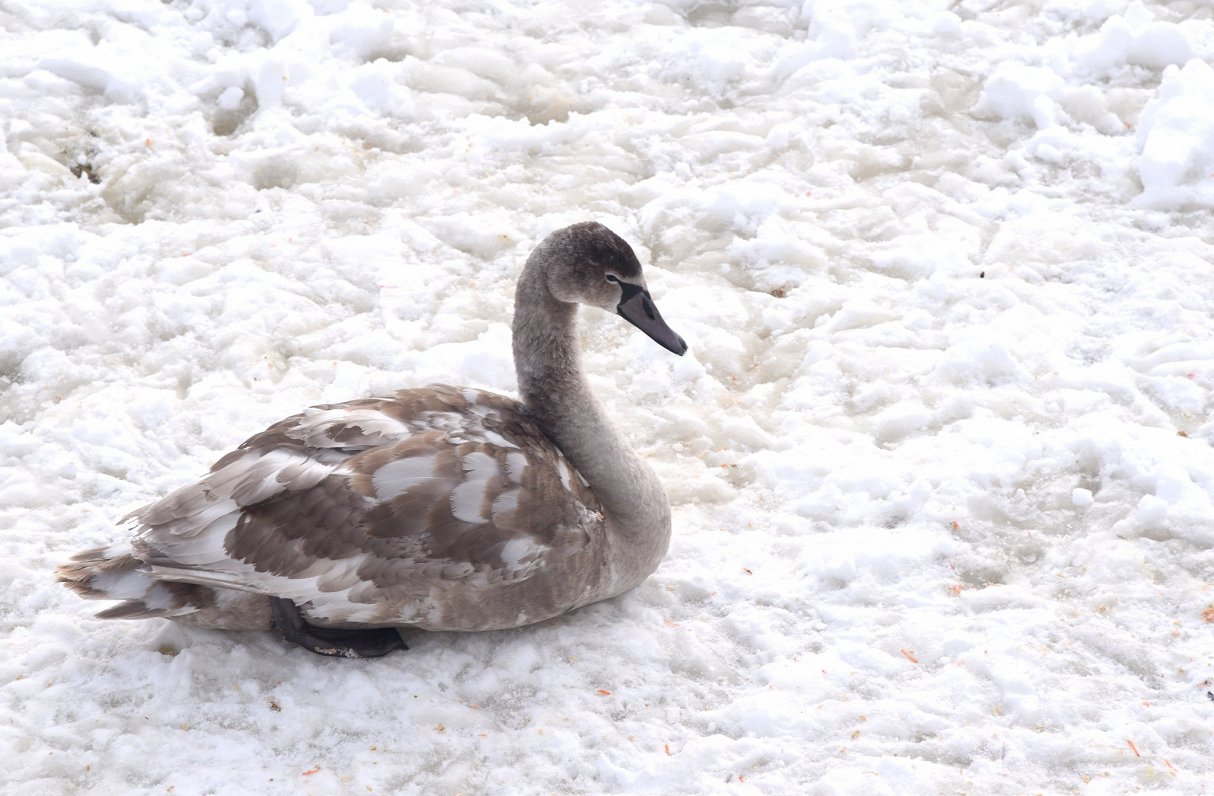The Ministry of Agriculture intends, on the basis of information provided by the PVD, to impose additional biosecurity measures for poultry keepers throughout the country, including ban of keeping poultry outdoors in order to prevent direct or indirect contact with wild birds.
The PVD calls on owners of birds not to let them outside or keep them in fenced structures before any restrictions are imposed, to avoid contact of poultry with wild birds, particularly water birds (swans, ducks), and refrain from purchasing poultry in other European countries during the winter and forthcoming spring months.
Poultry owners should notify the PVD immediately if signs of disease are observed in birds: significantly decreased intake of food and water, increased mortality.
On the other hand, citizens are asked to report on dead wild water birds by calling the PVD trust phone 67027402 or by informing the local authority of the nearby PVD.
Under no circumstances should birds be brought home or taken to animal shelters.
“This influenza is highly contagious, highly pathogenic, which means that all infected birds are exposed to death and extinction sooner or later,” said Madara Volka, head of the monitoring department of infectious diseases of the PVD.
Highly pathogenic avian influenza is an acute, highly contagious avian infectious disease characterized by high mortality. The clinical signs of the disease are sudden and rapid development of the disease, fatigue, withdrawal of food, disheveled feathers, wobbling, choking, etc. The virus's spreaders are wild birds, particularly waterfowl, for which the disease can occur without the symptoms. Poultry can be infected by coming into contact with infected wild birds, for example by accessing ponds and other bodies of water. Similarly, birds may be infected with contaminated feed or objects (footwear, clothing, equipment) on which the virus has landed.
In 2021, highly pathogenic avian influenza in wild birds has been detected in 20 European countries and in poultry - in 16 European countries.
Avian influenza subtypes circulating in European countries do not endanger human health, but the disease is a serious threat to the poultry sector in Latvia.

























